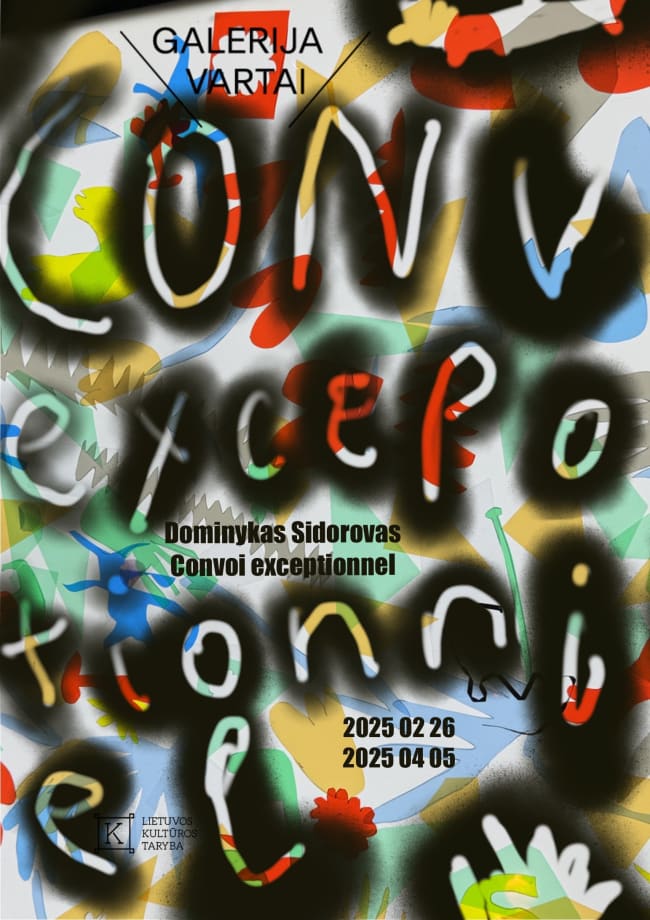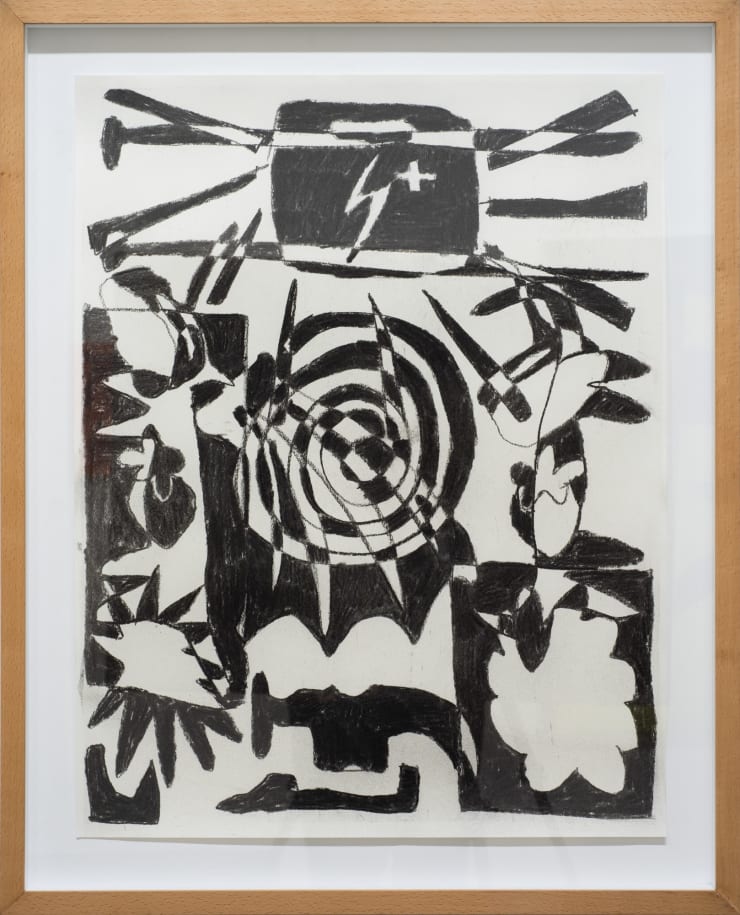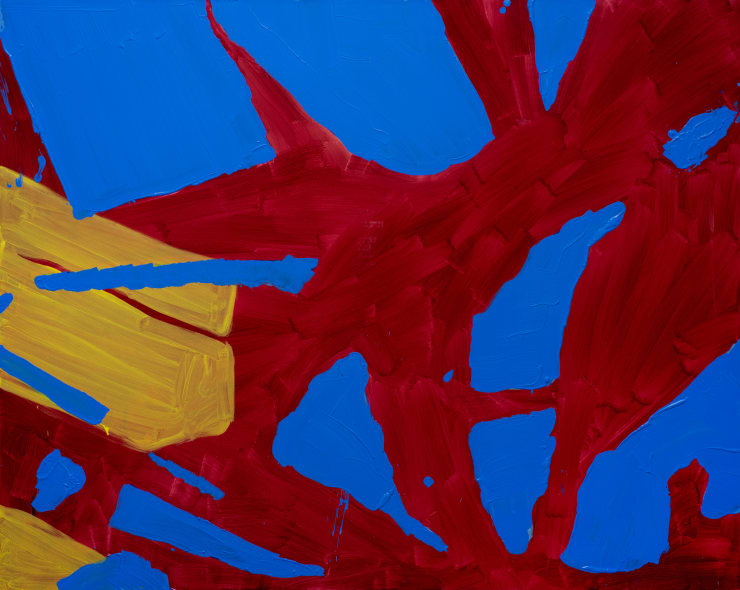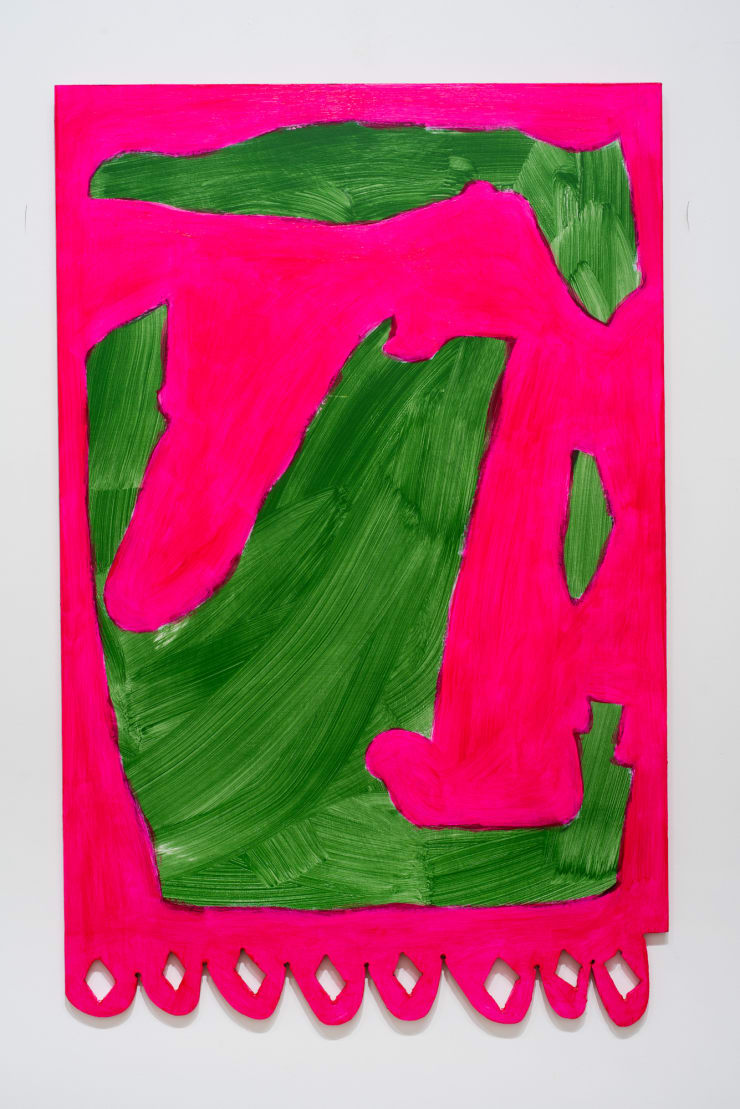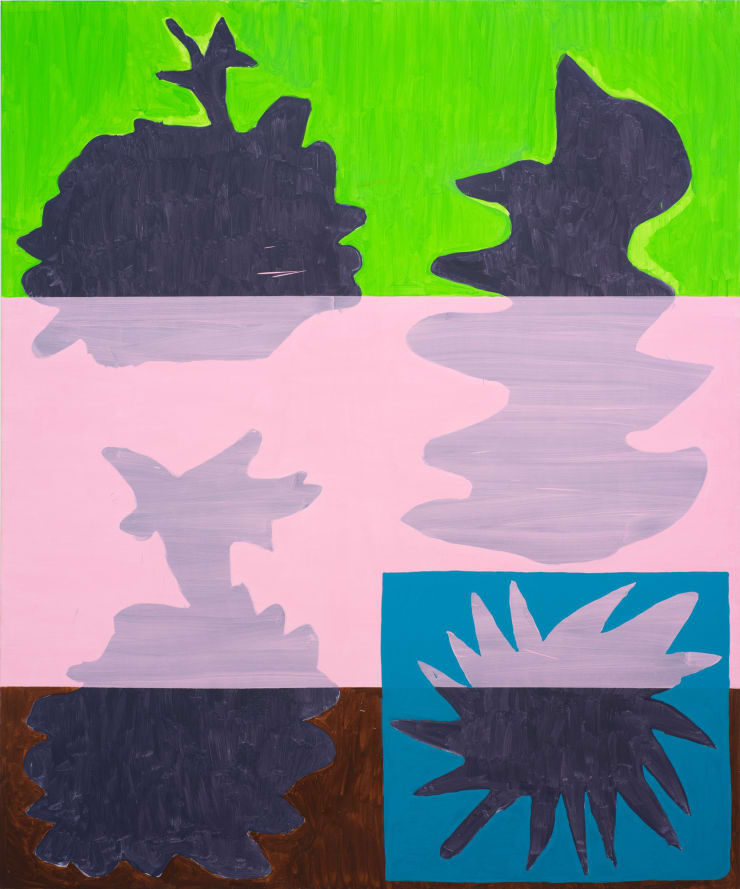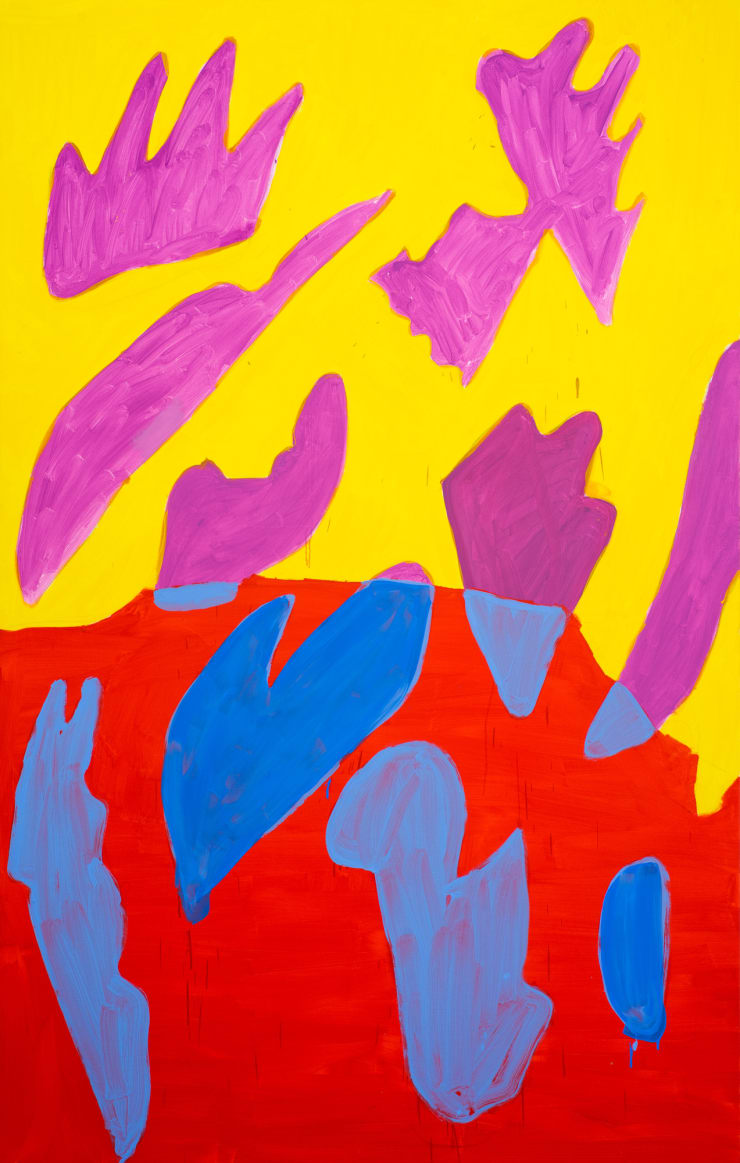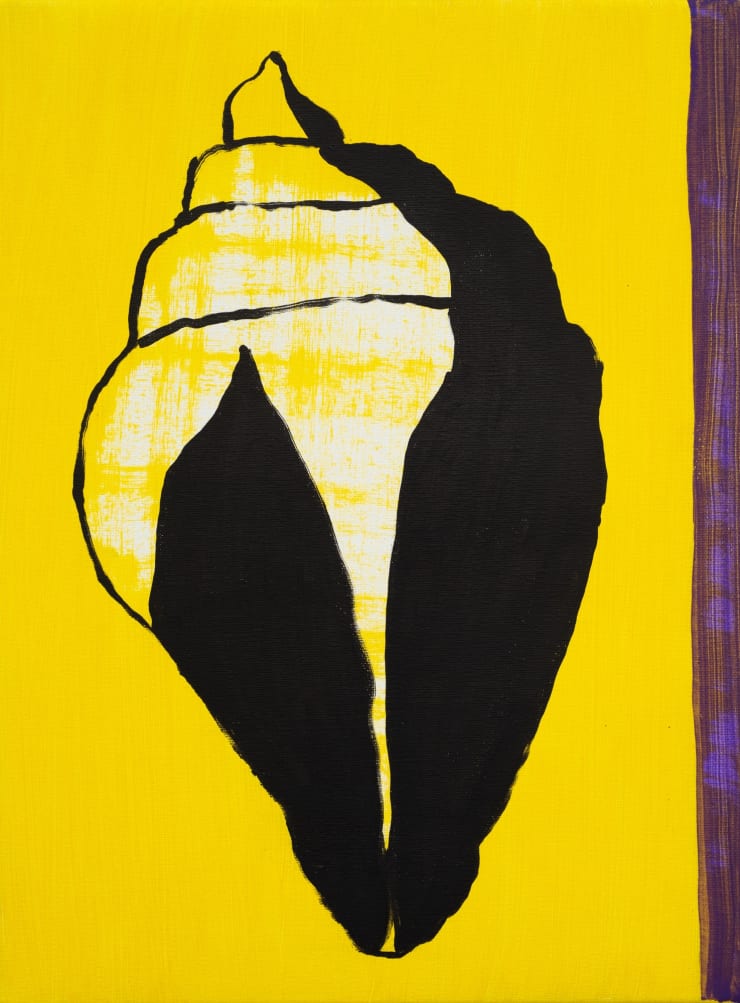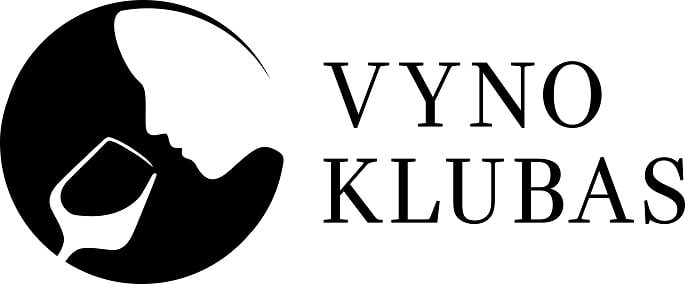'Convoi Exceptionnel' by Dominykas Sidorovas: Solo exhibition
The exhibition will be open for viewing until April 12 during regular working hours:
Wednesday - Friday: 14:00 - 18:00
Saturday: 12:00 - 16:00
Sunday – closed
The gallery is also closed on public holidays.
We are pleased to present Convoi Exceptionnel - Dominykas Sidorovas‘s second solo exhibition at VARTAI gallery.
Text written by Marius Vabalas
Hedgehog in the Fog: Road Painting in the Twenty First Century
Dominykas Sidorovas. Convoi Exceptionnel
I have been following Dominykas Sidorovas' paintings for a long time and am well familiar with the bends and curves of his work. A few years ago, he used elements of pop art to express the sadness, confusion, and loneliness of the contemporary individual. However, his work took on a very different tone in last September’s exhibition, Morse, where the despair of solitary, isolated searching gave way to the joy of community – the feeling of being together with like-minded peers. Dominykas himself acknowledges how much his new friends are helping him. Given the socio-cultural landscape of the past century, it’s hardly surprising. Concepts such as difference, becoming – becoming an animal, an object, a molecule, the invisible – naturally resurface. This ensemble-like fusion with the environment becomes a force that shapes you, speaks and rejoices through you, allows you to become one with the people you love, to fall in love with yourself within that shared space. Around the campfire, together, you can conquer the night, the ghosts, loneliness, and anxiety – you can conquer everything.
I believe this state of mind is perfectly encapsulated in the second title of Dominykas' work, A runny nose for you, the end of the world for me. To be honest, I have little fondness for contemporary sensitivity and peer-to-peer discussions within social bubbles – where the stronger the mutual listening, the weaker the awareness of what is happening beyond, in the wider world. A world whose rising temperature we fail to grasp, having lost, almost simultaneously with state independence, both the levers of rational thought and a shared sense of collective resistance against the forces that deplete us. And so, on our journey today, we are confronted with the consequences – the traces of what we have unconsciously longed for, of what we have been doing to our own detriment for decades, driven by forces not entirely our own. It is difficult to articulate but very easy to feel. We sense the sickness, we recognise the disease, and we can speak of it to anyone – like the young people stirred by Greta Thunberg at the March Against Extinction. To say the world is going to hell and that you are searching for salvation requires no ideology. It requires courage, sensitivity, and the ability to see.
Dominykas' work gives us back our sensitivity to the world, which we sometimes lose when we get irritated by propaganda clichés or empty declarations. Anxiety about the world and its future is transformed into the artistic truth of his work, allowing him to establish a relationship with reality. Not only the one that illuminates the objects in his compositions like a flash of sunlight, but also the one that hits us each time we step beyond our comfort zone. This is the modern path of maturity, where we carry the truths of our senses and experiences like the aforementioned cargo, prepared for reality to keep breaking through into our eyes and hearts – like a spectre of incomprehensible horror.
Text written by Kasparas Pocius
Translated from Lithuanian by Alexandra Bondarev
Exhibition design created by Dominykas Sidorovas
The creation of these artworks was partly funded by a stipend provided by Lithuanian Council for Culture


